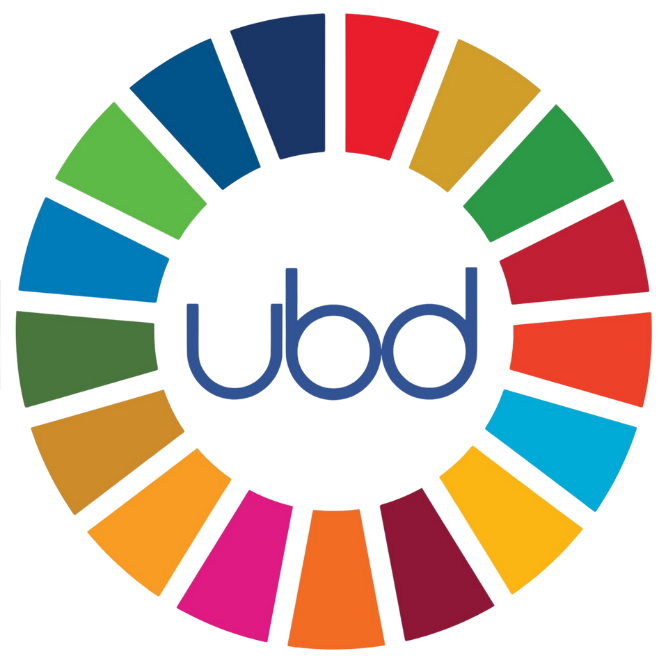Solve It @ Campus
Looking for inspiration for your Living Lab project? Explore our list of UBD campus problem statements – real challenges waiting for innovative solutions from our community.
Climate Change
Problem Statement: UBD’s campus carbon footprint remains undefined, and there is a lack of an integrated monitoring and reduction strategy for emissions from transport, energy and waste. This hampers evidence-based climate action and progress toward becoming a low-carbon campus aligned with Brunei’s NDC commitments.
Energy Transition
Problem Statement: Despite initiatives for energy conservation, UBD buildings continue to rely heavily on grid electricity, with minimal on-campus renewable energy generation and low real-time monitoring of energy consumption patterns. This limits opportunities to model scalable clean energy solutions and reduce operational costs sustainably.
Health Innovation
Problem Statement: UBD has limited digital tools and campus-based wellness interventions that integrate sustainability with health promotion (e.g., active transport, green spaces for mental health). This limits efforts to improve campus health outcomes while addressing environmental sustainability and reducing carbon emissions linked to sedentary lifestyles.
Wellbeing
Problem Statement: Limited mental health literacy and low engagement in self-care practices among the UBD community contribute to stress, burnout and reduced well-being, underscoring the need for proactive, supportive mental health initiatives.
Biodiversity
Problem Statement: UBD’s campus possesses rich biodiversity potential within its green spaces; however, systematic biodiversity monitoring, habitat restoration initiatives and community-led conservation projects are currently lacking. Without these, opportunities to position UBD as a living biodiversity lab and contribute to Brunei’s biodiversity conservation targets are missed.
Digital Literacy
Problem Statement: Uneven levels of digital literacy within the UBD community—particularly in critical skills such as information evaluation, digital security and the use of emerging technologies—limit the university’s capacity to fully leverage digital platforms for teaching, research and innovation.
Indoor Mold Risk and Health Impact
Problem Statement: Limited data on the presence, spread and health impacts of mold in UBD’s indoor environments hinders effective management strategies, potentially affecting the well-being, productivity and safety of campus occupants.
Water Conservation
Problem Statement: The absence of comprehensive monitoring and analysis of water consumption patterns at UBD limits the university’s ability to identify inefficiencies, reduce wastage and implement targeted water conservation measures.
Sustainable Procurement
Problem Statement: The absence of systematic sustainable procurement guidelines at UBD limits the university’s ability to prioritise eco-friendly, ethically sourced, and locally produced goods and services. Embedding sustainability into purchasing decisions can significantly reduce environmental impacts, strengthen ethical supply chains and position UBD as a leader in responsible consumption.

